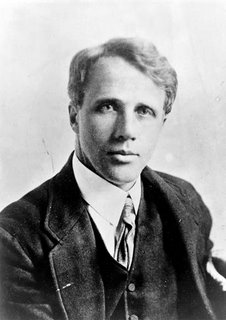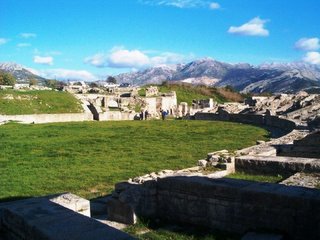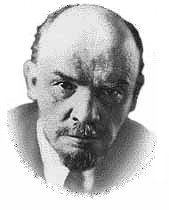
Two roads diverged in a yellow wood,
And sorry I could not travel both
And be one traveler, long I stood
And looked down one as far as I could
To where it bent in the undergrowth;
Then took the other, as just as fair,
And having perhaps the better claim,
Because it was grassy and wanted wear;
Though as for that the passing there
Had worn them really about the same,
And both that morning equally lay
In leaves no step had trodden black.
Oh, I kept the first for another day!
Yet knowing how way leads on to way,
I doubted if I should ever come back.
I shall be telling this with a sigh
Somewhere ages and ages hence:
Two roads diverged in a wood, and I—
I took the one less traveled by,
And that has made all the difference.
-----------ooo000ooo----------------
I have put this poem up because I have just been listening to Adventures In Poetry on BBC Radio 4. The programme or, as you Americans would say, program - was very listenable and included fragments of an interview with Frost himself. One contributor, Jay Parini, was especially pleasant to listen to and he highlighted how ambiguous the poem is. The penultimate line seems to sum things up neatly; it's all about the road "less travelled". But is it? Look back at how he stresses early on how very much alike the roads are - took the other, as just as fair and also Had worn them really about the same, and again both that morning equally lay In leaves no step had trodden black. He couldn't make it more clear if he was banging you over the head with a book, could he! So what's he doing at the end? I shall be telling this with a sigh. He's telling "this" meaning the following:-
Two roads diverged in a wood, and I—
I took the one less traveled by - But he's being disingenuous. The narrator knows that when he tells 'ages and ages hence' of his life he will pretend, with a regretful sigh, that he had choices which made all the difference, but he really didn't. The truth is in the third stanza where, with some false bravado he says:-
Oh, I kept the first for another day!
But acknowledging the truth that:-
.....knowing how way leads on to way,
I doubted if I should ever come back.
Way leads on to way. We think we have a choice, but sometimes our path is marked out for us. I think that's the message of the poem. Isn't that right, Irish?
It was published in 1916 when Frost was about forty two. He died aged eighty nine.







